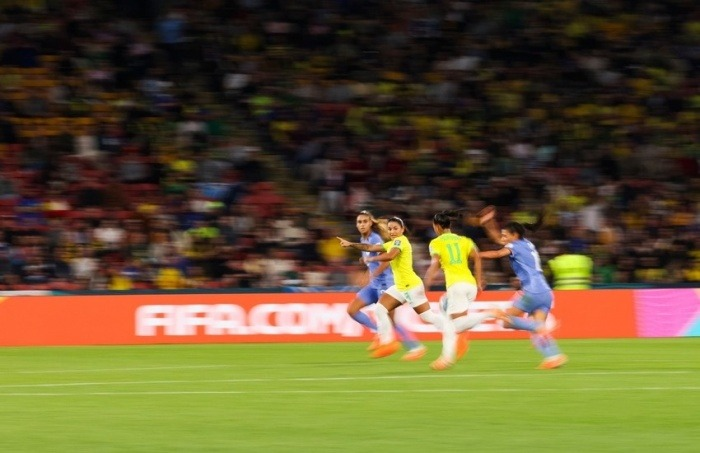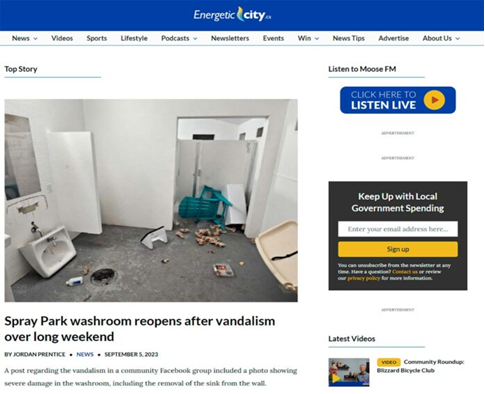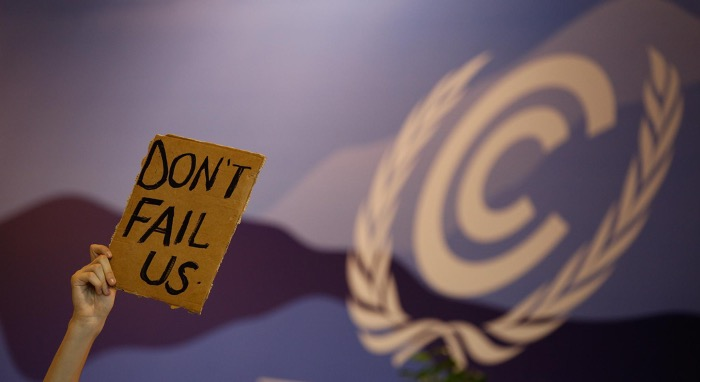Women's World Cup 2023: a lesson in equity for sports journalism.
Source: Fundación GaboFoto: George Hitchens / SOPA Images – Ignite Images 2023 / Uso bajo licencia (CC BY-SA 4.0
By Red Ética
The Women's World Cup that has just ended in Australia, where the Spanish national team was consolidated as champion, is a lesson for sports journalism in Ibero-America.
A championship of high sporting level, with record attendances and a journalistic deployment never seen before for a Women's World Cup, was overshadowed by the controversy and the morbid and sexist coverage that was generated around an event of sexual violence. To the point that today, 5 days later, more has been said about the non-consensual kiss of Luis Rubiales, president of the Royal Spanish Football Federation (RFEF), to Jennifer Hermoso, midfielder, and top scorer of the national team, during the awards ceremony, than about the achievement of the Spanish women in being crowned world champions for the first time.
While this is a serious event that requires attention, analysis and reflection, and that we will address in the coming days in the Ethics Network, we did not want to miss the opportunity to talk about how in such a changing landscape, in which the disparities and challenges surrounding media coverage of sports played by men and women have gained prominence in the public conversation, new narratives are emerging today around women and sport, and that it is the "good press" and great coverage that also have the power to drive these changes in society.
We spoke with Sarah Castro Lizarazo, Director of AS in the United States, and former Director of Sports at Caracol Radio, about the complexities and challenges of sports journalism, the disparities in the representation of male and female athletes in the media, and the transformative power of equitable coverage.
Rewriting the narrative
It is no secret that there is a glaring disparity in media coverage between sports played by men and women. Regarding this Sarah Castro talks about the importance of recognizing that this difference goes beyond the sport itself and is also reflected in the inequalities that exist in newsrooms, and in the representation and participation of women and other groups in the media and other public spaces.
"It is evident that the system itself has established certain roles in which certain scenarios were not intended for women, for example, the practice of sports and sports journalism," mentions the Colombian journalist. "That facilitated a historical lag and a circle of conditions in which, if women do not participate, these spaces are not developed, they are not granted resources, a media or mass level is not generated and public interest is not generated, making our participation even more complex."






